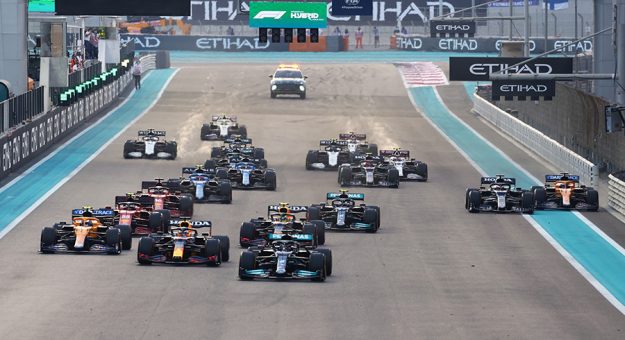Given how the Formula 1 circus – and its equipment and cars – jet set around the world, it is a wonder that flight delays and cancelations don’t affect operations more often. Formula 1, the FIA, the teams, the engine manufacturers and suppliers such as Pirelli will conduct an exhaustive evaluation of the shipping processes after three cargo planes were delayed by fog in Mexico City.
In all, including the 10 hour flight, the last of the equipment arrived at Brazil’s Interlagos track at noon on Thursday. With the first practice session due to start 24 hours later, the teams did not have much time to build up their cars.
The regulations state that crewmembers must leave the circuit for at least eight hours every night – or day if it’s a night race – of a race weekend. Michael Masi, the FIA’s F1 race director, waived the curfew regulations so that the teams could work late into the night or all night if necessary. And the scrutineering deadline was delayed.
“We were heavily affected by the delay,” said McLaren team principal Andreas Seidl. “On our side the main freight was missing. So we didn’t have the cars or the power units, and could only start in the afternoon rebuilding the cars. But with the arrival of them shortly after lunchtime we were in a position also with a big push from the entire team to finish around midnight. So the crew still had a decent rest. Not ideal, but at the same time we are racers; we are used to building cars – after crashes for example – in an emergency, in quite a short amount of time.”
Pirelli could not mount all the tires because many teams were waiting for their wheel rims.
Along with McLaren, Alfa Romeo, Ferrari and Haas were the worst affected. Haas had the chassis but no engines and no tools. Aston Martin, meanwhile, had almost all of the essentials.
The reason for this disparity is that the teams get to choose what gets priority shipping, and they all have their own systems. There is not much time or room for error on back-to-back race weekends in countries far apart.
The teams send some of their equipment by sea freight, and have five or six identical sets in shipping containers going to different ports, and then those are trucked to the various tracks – Austin, Mexico City and Qatar for example.
But it is not feasible to do this with major and expensive items like chassis, power units and IT equipment.
F1 dodged a bullet with the delay between Mexico and Brazil, but next time things could be much worse.
